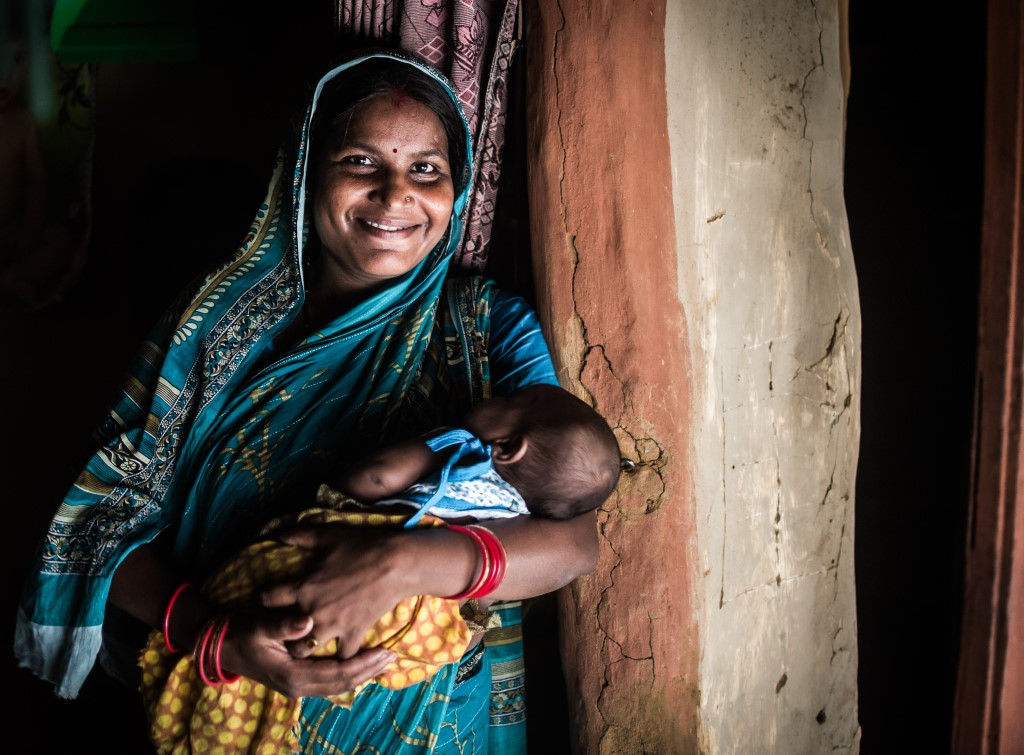Cuttack District, Odisha, India – Consider this thought: you have just had your third child, and the only family planning (FP) option available to you is one that you really do not want. Now imagine that other FP options – newer contraceptives – become available, and that you can instead choose the one that suits you best.
How does this shift make you feel?
Married couple Jyoti Rani and Pratap Patra felt empowered from just such a shift after Rani gave birth to their third and youngest daughter, Sushri Sarojini Patra. Soon after the delivery, the couple opted for a newer contraceptive method, progesterone-only pills (POPs), to space their next pregnancy. Rani wanted a non-invasive method of contraceptive, and one that gave them the freedom later to decide if they wanted more children.
Previously, the only contraceptive pills available to them were combined oral contraception pills, which can’t be taken until six months after delivery. POP is a newer method in the basket of FP choices that contains a lower dose of the hormone progestin, allowing women to begin taking it right after delivery and when they are still breastfeeding.
Rani had heard of the POP pill from Lakshmi Demi, the local community health worker. A strategic arm of the country’s health department, community health workers – also known as accredited social health activists (or ASHAs) – act as a crucial link between the health establishment and the community. They are critical to reaching couples like Rani and her husband with up-to-date, accurate information.
As a resident in the community where she works, Demi helps her neighbors stay informed about issues related to FP, maternal and child health, and nutrition, and encourages regular health facility visits. When Rani was pregnant with her third child, Lakshmi visited the couple and counseled them on available FP methods, helping Rani and her husband to make an informed decision.
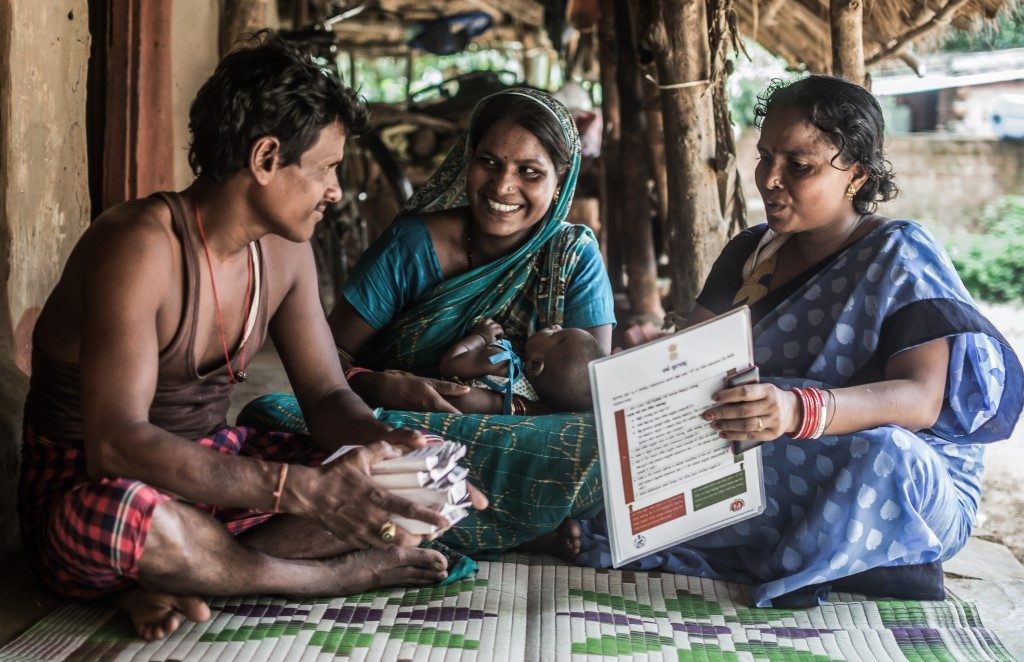
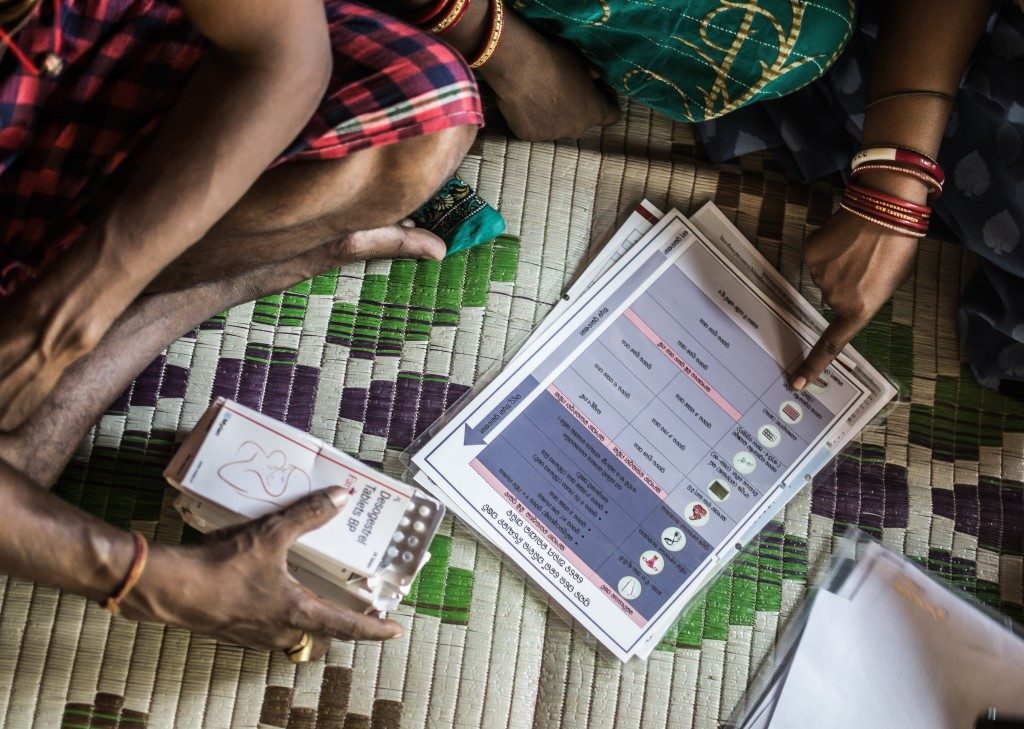
The Patras live in Cuttack district in Odisha, where nearly 13.6% of married women (15 – 49 years) have an unmet need for FP. To address this, MCSP is providing technical assistance to the Government of India to reach 48 million new users of contraception – and expanding the current basket of FP choices has proven key to helping more couples adopt FP.
“I am happy with the medicine,” Rani says of choosing POP.
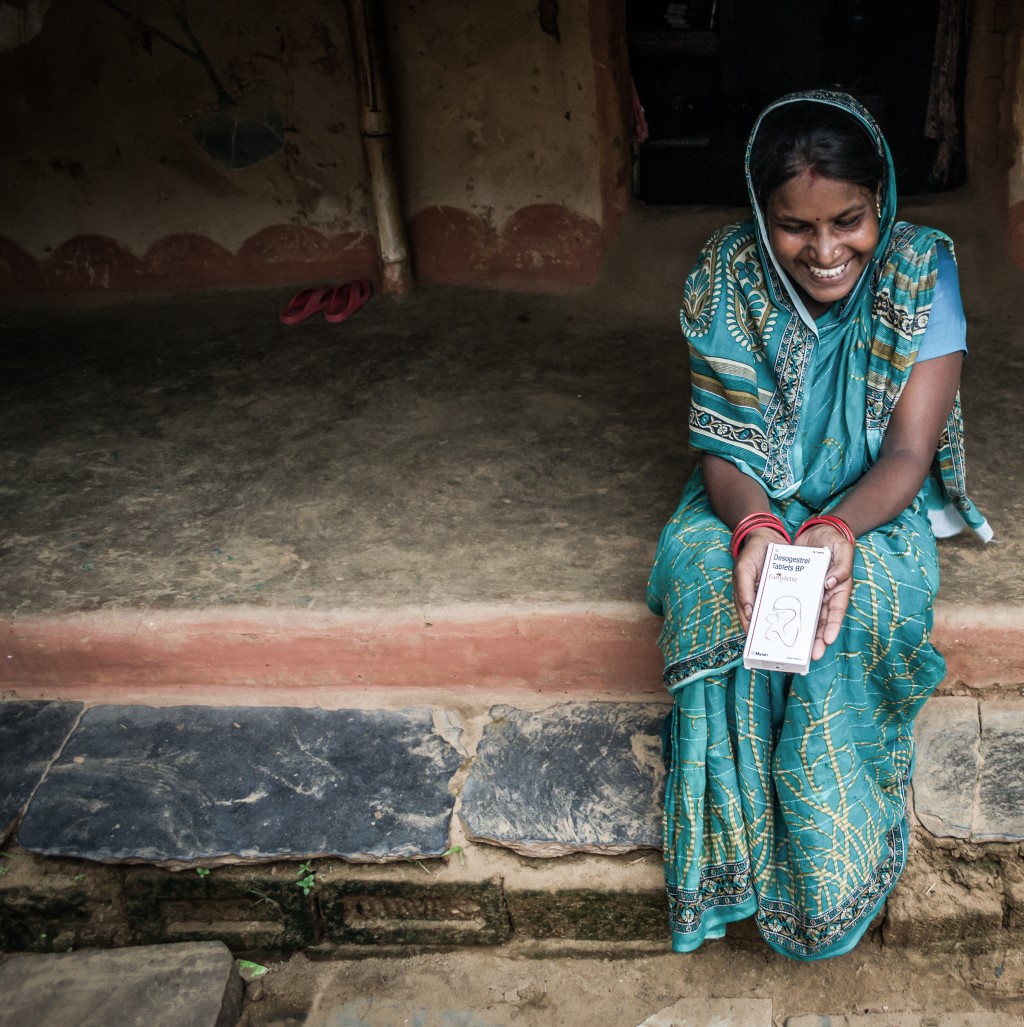
This new method was critical in protecting Rani from pregnancy in the initial postpartum period, when the unmet need for FP is the highest and mothers are still healing and intensely caring for their newborns. After six months, when the efficacy of POP as a contraception method reduces, Demi accompanied Rani on a visit to an MCSP-supported community health center in Mahidharpara to switch to a different birth spacing method.
MCSP works in five states – Odisha, Chhattisgarh, Assam, Maharashtra and Telangana – training community health workers like Demi on newer contraceptive methods. Built on the tenets of informed consent, gender sensitivity, respectful care, and community participation, our work is helping women like Rani take control of their health and fertility.
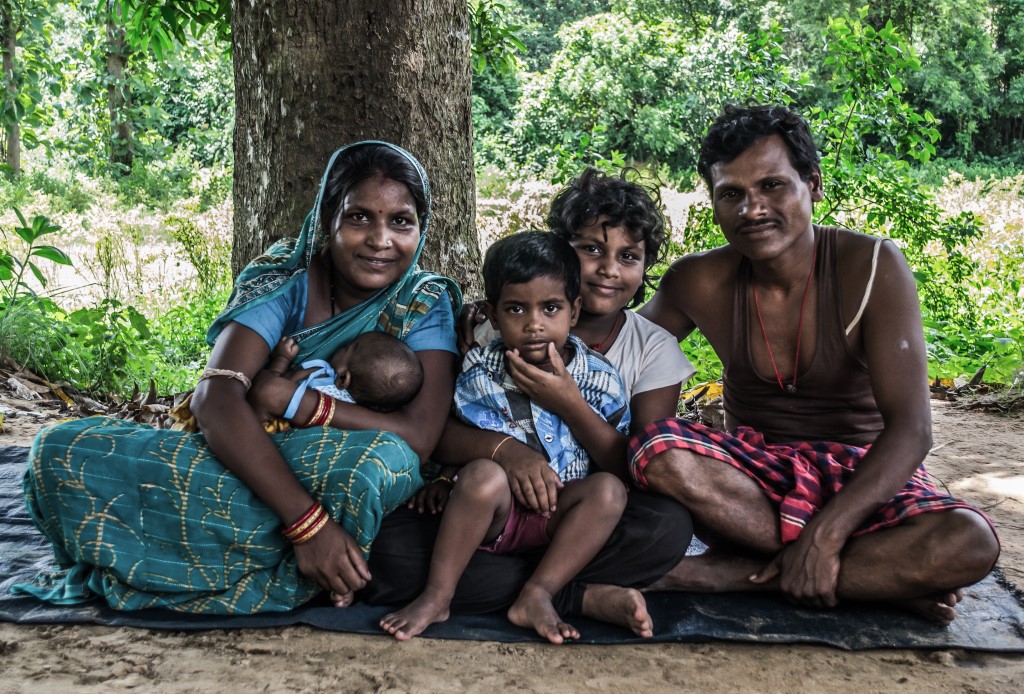
“I feel safer,” Rani says, “knowing that I am taking measures to make sure I do not get pregnant.”
